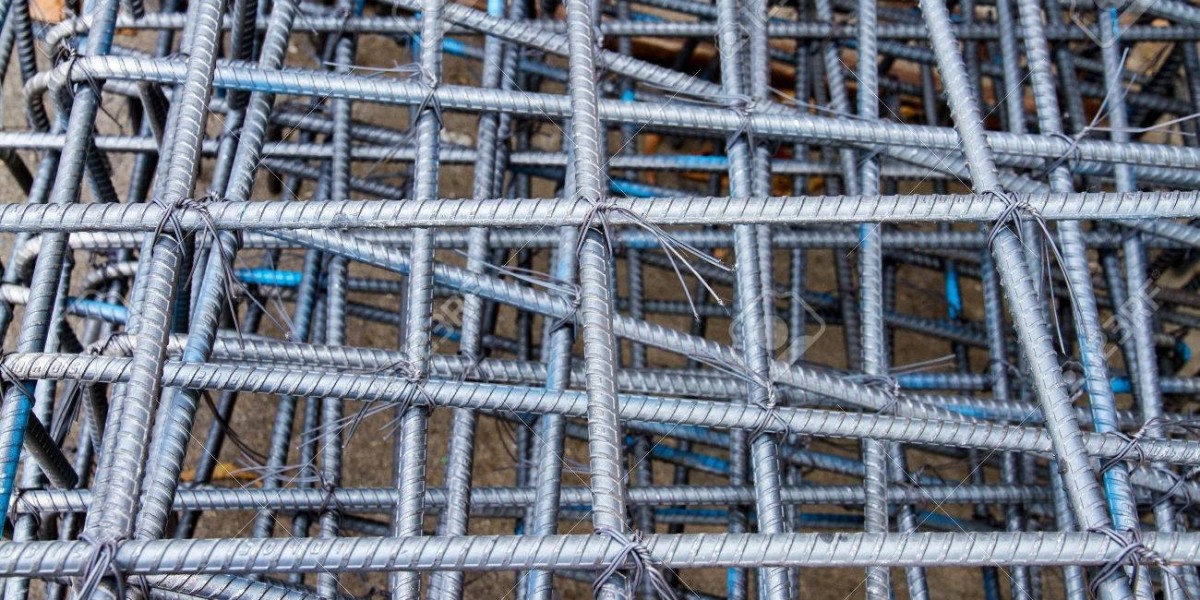While both options have their merits, selecting a local rebar supplier in Turkey has its own set of advantages and challenges. This article aims to explore the pros and cons of choosing a local rebar supplier in Turkey, helping businesses make informed decisions for their construction projects.
Pros of Choosing a Local Rebar Supplier in Turkey:
1. Faster Delivery and Reduced Lead Times:
One of the significant advantages of choosing a local rebar supplier is the proximity, leading to quicker delivery times. Reduced transportation distances mean faster access to materials, ensuring construction projects stay on schedule.
2. Local Market Knowledge:
Local suppliers have in-depth knowledge of the regional market trends, regulations, and specific construction requirements. They are better equipped to provide tailored solutions that align with local building codes and standards.
3. Cost-Effective Shipping and Logistics:
Local suppliers often have well-established logistics networks within the country, leading to cost-effective shipping solutions. This can result in lower transportation costs compared to international suppliers, making the overall project more budget-friendly.
4. Enhanced Communication and Collaboration:
Local suppliers facilitate easier communication and collaboration. Language barriers are minimized, and face-to-face meetings are more feasible, leading to better understanding of project requirements and efficient problem-solving.
5. Supporting the Local Economy:
Choosing a local supplier contributes to the local economy by generating employment and supporting regional businesses. This socially responsible choice fosters economic growth within the community.
Cons of Choosing a Local Rebar Supplier in Turkey:
1. Limited Product Variety:
Local suppliers might have a limited range of products compared to international suppliers. Specialized or unique rebar types might be scarce, limiting options for complex construction projects.
2. Quality Concerns:
While many local suppliers maintain high-quality standards, there can be variations in quality control practices. It's essential for buyers to thoroughly vet the supplier's certifications and reputation to ensure the rebar's reliability and durability.
3. Potential Supply Shortages:
Local suppliers might face supply shortages during high-demand periods, especially if they rely heavily on local manufacturing. This can lead to delays in project timelines.
4. Global Sourcing Benefits:
International suppliers often have access to a broader range of raw materials and technologies. They might offer advanced rebar types that are not readily available locally, providing innovative solutions for complex projects.
Conclusion:
In the dynamic construction landscape of Turkey, choosing a local rebar supplier offers several advantages, including faster delivery, market expertise, cost-effective logistics, and enhanced collaboration. However, potential limitations in product variety, quality control, and supply shortages should be carefully considered. Ultimately, the decision hinges on project requirements, budget constraints, and the need for specialized rebar types. By weighing the pros and cons, businesses can make a well-informed choice that aligns with the unique demands of their construction endeavors.









